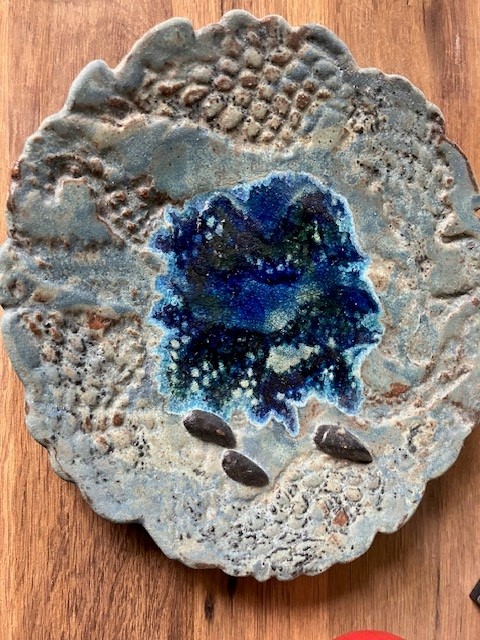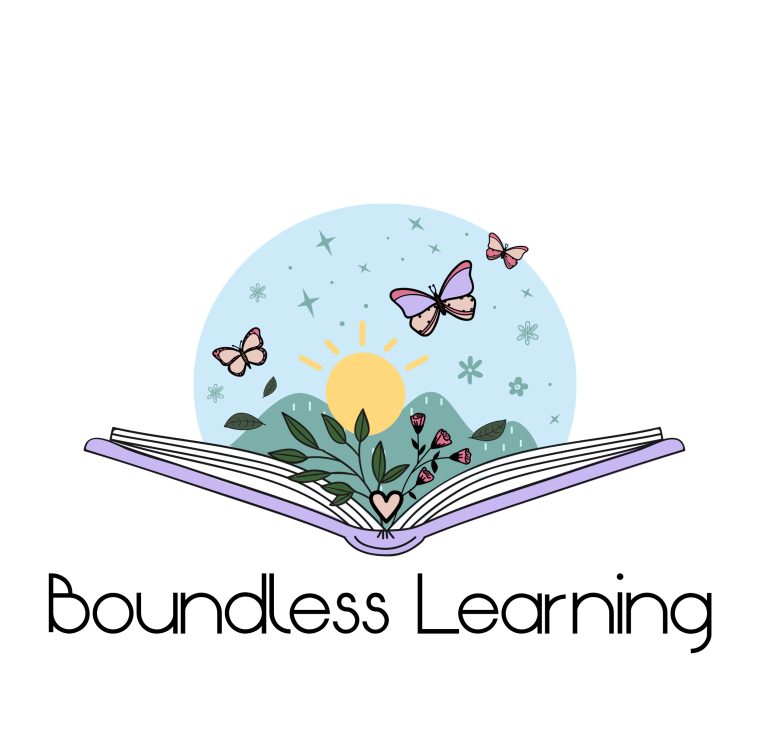Reflections on a post I wrote last week while up in the North East. Yesterday was a day I met myself in so many ways.
Being back in the North East, where I was born and spent my earliest formative years reconnects me to my earliest sense of being. I don’t always have the key specific memories to articulate, but my physical sense of being , reconnection with the steps and experiences I know I’ve had and can physically and emotionally feel is very powerful.
The minute I stepped into the boating lake park I had sensations of moments passed rush into my being. I feel like I’m home, even though I didn’t specifically live right in this town- it’s where family were and are. It’s where my parents grew up, where I spent so many happy times with family- and I did live just down the road!
Home is more than just a physical location; it’s a feeling, a sense of belonging, a connection to our roots and our identity. For many people, their home is where they grew up, where they have family and friends, where they feel most comfortable and at peace. It’s amazing how much being surrounded by the Geordie accent makes me feel a sense of safety and self.
When we visit the place we identify as home, it’s like coming back to ourselves. It’s a reminder of who we are, where we come from, and what shapes us as individuals. The sights, sounds, tastes and smells of home can evoke memories and emotions that are deeply ingrained in our psyche.
For me, visiting my childhood regional location is a powerful experience. It’s a place where I feel truly myself, where I can let go of the stresses and worries of everyday life and just be. The familiar scenes, food, rituals all serve to ground me and remind me of my roots.
Connecting with myself when I visit home means taking the time to reflect on how far I’ve come, how much I’ve grown, and what I want for my future. It’s a chance to revisit my heritage and to reaffirm my values and beliefs.
It’s also a time for introspection and self-discovery. Being in a familiar environment can sometimes bring up old wounds or unresolved issues, forcing us to confront parts of ourselves that we may have buried or ignored. It’s a chance to heal and grow, to learn from our past and move forward with a renewed sense of purpose and direction.
My Mum died quite quickly of pancreatic cancer in July 2000.
Her loss is still felt deeply by many. It’s here I feel her loss and presence and it’s here I get the chance to connect with her family. These connections run deep and connect us all to her and memories, bringing to life some key moments and often new insights. Yesterday I met someone who lived opposite my grandparents’ shop and used to relish going in for a banana, post war. Her memories of my grandparents and my Mum were absolutely priceless , and her utter glee at meeting my Mum’s daughter was such an emotional connection.
Ultimately, visiting the place we identify as home is a profound experience that can deepen our connection to ourselves and to our sense of identity. It’s a reminder of where we come from and who we are, a chance to reconnect with our roots and rediscover our true selves. And in a world that is constantly changing and evolving, having a place to call home can be a source of comfort, stability, and strength.
In addition to this connecting with our ancestral roots, their lives, work and cultural backgrounds – for me the connection with the shipyards and railways, where so many of my family worked is palpable . Yesterday we reflected on my Mum’s training in shorthand and her ability to organise and administrate . All of this amazes me in terms of the work of my ancestors and how this is re- emerging in my own children.
Our ancestors are the roots from which we grow, the foundation upon which our identities are built. They are the ones who came before us, whose lives and experiences have shaped who we are today. Connecting with our ancestors can be a powerful and transformative experience, allowing us to tap into a deep well of wisdom, strength, and resilience that runs through our bloodlines.
When we delve into our ancestral connections, we are not just exploring our family tree or genealogy. We are seeking to understand the stories and struggles of those who came before us, to honour their legacy and learn from their wisdom. By connecting with our ancestors, we can gain a sense of perspective and grounding, helping us to navigate the challenges and uncertainties of our own lives.
Visiting the North East brings about a deep connection with my ancestral line- even those I never knew. My own DNA has outlined a key percentage of Scandinavian , Finnish and Italian origins that are most likely linked to historical invasions – this always astounds me and being here creates a deep sense of continuity and connection across generations.
I’ve yet to explore my Irish connections, but it’s being planned! Another way to deepen our ancestral connections is through research and exploration. Delving into our family history, visiting ancestral homelands, and learning about the customs and traditions of our forebears can provide valuable insights into our own identities and values. By understanding where we come from, we can better understand who we are and where we are going.
But perhaps the most profound way to connect with our ancestors is through introspection and reflection. By meditating on our lineage, our heritage, and the stories of those who came before us, we can gain a deeper understanding of ourselves and our place in the world. We can draw strength from their struggles, wisdom from their experiences, and inspiration from their resilience.
In a world that often feels disconnected and fragmented, our ancestral connections can provide a sense of continuity and belonging. They remind us that we are part of something larger than ourselves, a rich tapestry of lives and experiences that stretches back through time. By honouring our ancestors and embracing our lineage, we can tap into a wellspring of resilience, wisdom, and grace that can guide us on our own journey of self-discovery and growth.
I’m now reflecting on the importance of honouring each other’s sense of identity and how important this is in terms of our connection , and ability to connect. We don’t always know the depths, but really meeting each other’s values is a great place to start.
In a world that is becoming increasingly interconnected, while at the same time seems to focus on division , honouring each other’s heritage is a powerful way to celebrate diversity, foster understanding, and build bridges between different cultures and communities. Our heritage is not just a part of who we are; it is a tapestry of stories, traditions, and values that shapes our identities and enriches our lives.
Sitting in a church listening to acapella Northumbrian songs about the mining traditions I was deeply moved by the oral storytelling traditions and how this connects golden strings from so many cultural ancestral traditions.
When we take the time to honour each other’s heritage, we are acknowledging the unique contributions that each culture brings to the world. We are recognising the beauty and richness of diversity, and celebrating the ways in which our differences can unite us rather than divide us.
One way to honour each other’s heritage is through education and awareness. By learning about the stories, customs, traditions, and histories of different cultures, we can gain a deeper appreciation for the diversity that exists in our world and the humanity we share.
Cultivating empathy and understanding is important. By listening to each other’s stories, sharing our own experiences, and engaging in open and respectful dialogue, we can create spaces for mutual respect , understanding and appreciation. This can help to break down barriers and stereotypes, fostering connections based on shared humanity rather than differences.
Celebrating each other’s heritage can also be a way to build solidarity and support within communities. By participating in cultural festivals, volunteering for community organisations, or advocating for social justice issues that impact different cultural groups, we can show our commitment to standing together in unity and respect. Ultimately, honouring each other’s heritage is a way of honouring our shared humanity. It is a recognition that we are all connected in our diversity, that we all have something valuable to contribute to the tapestry of human experience. By celebrating each other’s heritage, we can create a more inclusive and compassionate world where every individual is seen, heard, and valued for who they are.

